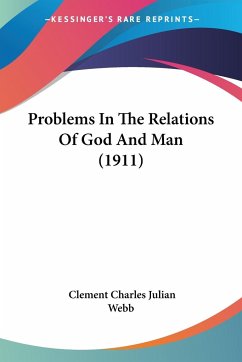The Will in Its Theological Relations addresses human freedom and God's decrees within a nineteenth-century debate over full-blown determinism. More specifically, John L. Girardeau challenges Jonathan Edwards's doctrine of the will and its tendency to identify certain foreknowledge with causal necessity. While appreciative of Edwards as a brilliant thinker and spiritual giant, Girardeau respectfully exposes Edwards's theory of necessity as an injurious incursion into Reformed theology. Here is one of the clearest and fullest cases against Edwardsian determinism. It is also an articulate restatement of the orthodox Reformed perspective on human bondage to sin against Arminian theology.
Hinweis: Dieser Artikel kann nur an eine deutsche Lieferadresse ausgeliefert werden.
Hinweis: Dieser Artikel kann nur an eine deutsche Lieferadresse ausgeliefert werden.

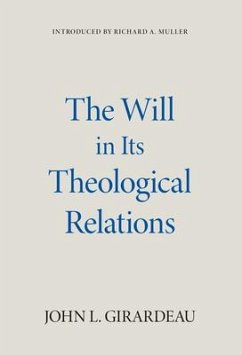

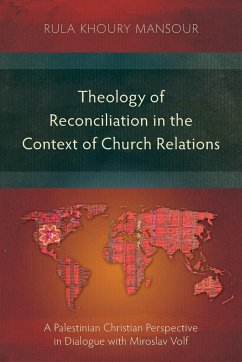
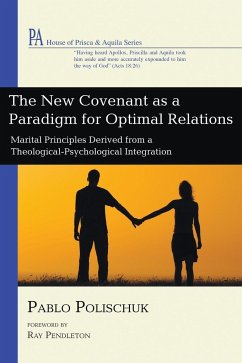
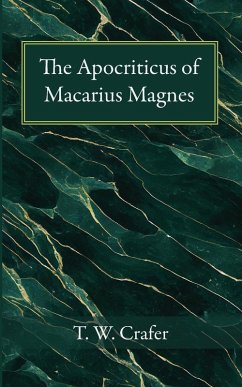
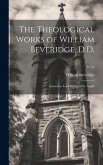
![Soul-winning [microform]: a Course of Four Lectures Delivered Under the Auspices of the Theological Union of Victoria University, Cobourg, Febru Soul-winning [microform]: a Course of Four Lectures Delivered Under the Auspices of the Theological Union of Victoria University, Cobourg, Febru](https://bilder.buecher.de/produkte/65/65503/65503516m.jpg)
